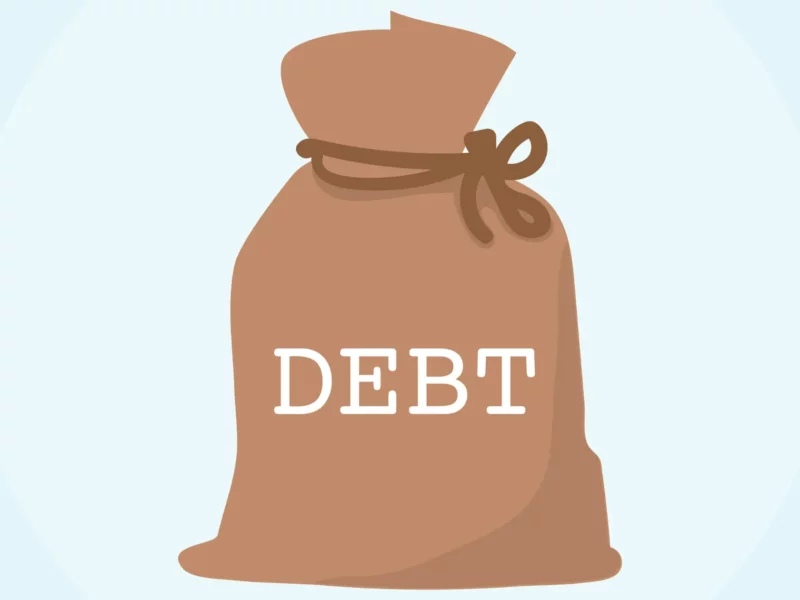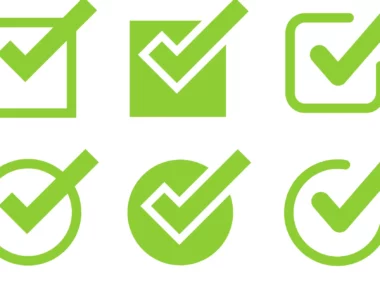Table of Contents
Debt collections play a crucial role in the financial landscape, affecting both creditors and debtors. Understanding this concept is essential for anyone who has outstanding debts or is considering lending money.
In this comprehensive guide, we will explore the intricacies of debt collections, including key players, the debt collection process, legal actions, and consumer rights. By delving into these topics, we aim to provide you with the knowledge needed to navigate the complex world of debt collections effectively.
Understanding Debt Collections
Debt, in its simplest form, refers to the money that one party owes to another. Whether it’s a personal loan, credit card debt, or an unpaid utility bill, debts can accumulate and become problematic if left unresolved. This is where debt collections come into play – it is the process by which creditors attempt to recover the money owed to them.
Various types of debt collections exist, including first-party collections where the original creditor tries to collect the debt, and third-party collections where a separate collection agency takes over the process. Understanding these distinctions is crucial since different rules and regulations apply to each scenario.
The Debt Collection Process
When debts remain unpaid, creditors take specific steps to reclaim the money owed to them. Initially, creditors may send payment reminders and make direct contact with the debtors, urging them to fulfil their obligations. If these initial attempts fail, escalation measures are taken.
Formal demand letters are frequently issued, explicitly stating the consequences of continued non-payment. In some cases, creditors may engage third-party collection agencies to intensify their efforts. These agencies possess expertise in debt collection strategies, employing tactics to incentivize debtors to settle their dues.
When all else fails, creditors may resort to legal actions, leading to lawsuits and court proceedings. If a judgment is obtained, creditors may pursue garnishment of wages or assets owned by the debtor, further adding to their financial burden.
Fair Debt Collection Practices Act (FDCPA)
In the United States, the Fair Debt Collection Practices Act (FDCPA) was established to regulate the activities of debt collectors and protect consumers from unfair or deceptive practices. This important legislation sets guidelines for debt collectors to ensure they treat debtors with respect.
Under the FDCPA, debt collectors are prohibited from engaging in harassment or abusive behaviour towards debtors. This includes threats, using profanity, and constant phone calls aimed at intimidating the debtor. Additionally, collectors are prohibited from making false or misleading representations in an attempt to coerce debtors into paying.
The FDCPA also grants debtors specific rights and protections, such as the right to dispute debts and the right to request verification of the debt in question.
Debt Collections and Consumer Rights
Understanding your rights as a consumer under the FDCPA is crucial when dealing with debt collections. Debtors have the right to request validation of the debt, ensuring that it is legitimate before making any payments. Additionally, consumers have the right to dispute debts that they believe are inaccurate or unjust.
If your rights under the FDCPA are violated, it is essential to take immediate action. Document any harassing behaviour or false representations made by debt collectors and consider seeking legal counsel to protect your rights.
Debt Collections and Credit Scores
Unresolved debts can have a significant impact on credit scores, which in turn affects future borrowing capabilities. When debts are sent to collections, it is often reflected in credit reports, signalling to potential lenders that the debtor has a history of non-payment. This can result in higher interest rates or outright rejections for loans and credit applications.
Collections typically stay on credit reports for seven years, significantly impacting the ability to secure favourable credit terms during that time. Rebuilding credit after debt collection is not an easy task, but it is possible with consistent repayment behaviour and responsible financial management.
Strategies for Dealing with Debt Collections
Effectively handling debt collections requires open communication with creditors. Engaging in respectful and honest discussions regarding financial difficulties can lead to more favorable outcomes. By negotiating debt settlements or establishing manageable payment plans, it is possible to alleviate some of the burdens associated with debt collections.
In more complex cases, seeking professional debt management assistance can provide valuable guidance and support. These professionals can help assess your financial situation, negotiate with creditors on your behalf, and ultimately develop a personalized plan to regain control of your financial health.
Financial Implications of Debt Collections
Aside from the initial amount owed, debt collections often carry additional fees and interest. This can significantly inflate the total debt burden, making it even more challenging to repay. It is crucial to be aware of these potential financial implications when dealing with debt collections.
In certain situations, forgiven debts may have tax implications. The forgiven amount may be considered taxable income, resulting in potential additional tax liabilities. It is advisable to consult with a tax professional to understand the specific implications in your particular case.
If debt becomes overwhelming and unmanageable, bankruptcy may be viewed as a last resort. While it provides a legal solution for debt relief, it has severe long-term consequences and should be approached cautiously. Seeking professional advice is crucial before making such a decision.
Dealing with Collection Agencies
Collection agencies, as third-party entities, specialize in debt recovery and often have specific procedures in place. If contacted by a collection agency, it is essential to respond promptly and maintain open lines of communication. Ignoring or avoiding the contact may exacerbate the situation and possibly lead to legal action.
To protect yourself from unethical practices, it is vital to familiarize yourself with your rights under the FDCPA and ensure the collection agency adheres to these guidelines. Keep thorough records of all interactions, maintain copies of written correspondences, and document any improper behaviour exhibited by the collection agency.
Debt Collections and Statute of Limitations
The statute of limitations refers to the time period within which legal action can be taken against a debtor for unpaid debts. These limitations vary depending on the type of debt and jurisdiction. Understanding the statute of limitations is crucial, as exceeding it may prevent creditors from legally pursuing debt collection.
Debt collectors are prohibited from pursuing legal actions once the statute of limitations has expired. However, it is important to note that acknowledging the debt or making partial payments may reset the clock. Therefore, before taking any action, it is advisable to consult a legal professional to fully understand the implications within your jurisdiction.
Debt Collections and the Role of Creditors
Creditors bear responsibility in the debt collection process. They are expected to operate within the legal framework and use ethical practices when attempting to collect outstanding debts. However, creditors also have limitations in terms of the actions they can take.
To recover debts, creditors employ various methods such as sending payment reminders, making direct contact with debtors, or engaging third-party collection agencies. However, it is essential for creditors to be mindful of their reputation and maintain a positive relationship with their clients, as overly aggressive or unethical collection practices can harm their business.
Debt Collections and the Role of Debtors
As debtors, individuals have obligations when it comes to debt collection. Responsible debt management starts with understanding the terms and conditions of any borrowed funds. Timely repayment is crucial to avoid escalated collection efforts and negative consequences.
Remaining in communication with creditors is vital, as it displays a willingness to address the debt responsibly. By taking proactive steps, such as negotiating payment plans or seeking suitable alternatives, debtors can ease the burden of debt collections and work towards achieving financial stability.
However, ignoring or avoiding debt collections can have severe consequences, including damaged credit scores, legal actions, and potential asset seizures. It is important for debtors to take debt collections seriously and act responsibly to avoid further complications.
The Future of Debt Collections
The debt collection industry continues to evolve, in part due to technological advancements. Technology-driven solutions, such as automated communications and artificial intelligence, are being employed by debt collectors to improve efficiency and streamline their operations. However, these advancements also raise concerns regarding consumer privacy and fair treatment.
Consumer protections and regulations are also becoming more robust, aiming to ensure fair treatment and ethical practices by debt collectors. Stricter enforcement of existing laws and the introduction of new measures create a more balanced landscape for both debtors and creditors.
Nevertheless, challenges persist, such as the increasing volume of debt and potential economic downturns. By staying informed and seeking professional advice, debtors can navigate these challenges more effectively and protect their rights.
Summary and Key Takeaways
In summary, debt collections are a complex and significant aspect of the financial world. Understanding the concept, the roles of different parties, and the legal framework surrounding debt collections is crucial for both creditors and debtors.
By familiarizing yourself with your rights as a debtor under the FDCPA, you can navigate debt collections with more confidence. Effective communication with creditors, negotiating settlements or payment plans, and seeking professional guidance are key strategies for dealing with debt collections.
The financial implications of debt collections should not be underestimated, as they can have long-lasting effects on credit scores, financial stability, and potential tax liabilities. It is vital to approach debt management responsibly and take appropriate actions to avoid legal consequences.
As the debt collections industry evolves, technology will play an increasingly prominent role. However, consumer protections and regulations are also becoming more stringent, ensuring fair treatment for all parties involved.
In conclusion, debt collections are a road most would prefer to avoid, but being informed and proactive can help mitigate their impact and assist individuals in regaining control of their financial well-being.






